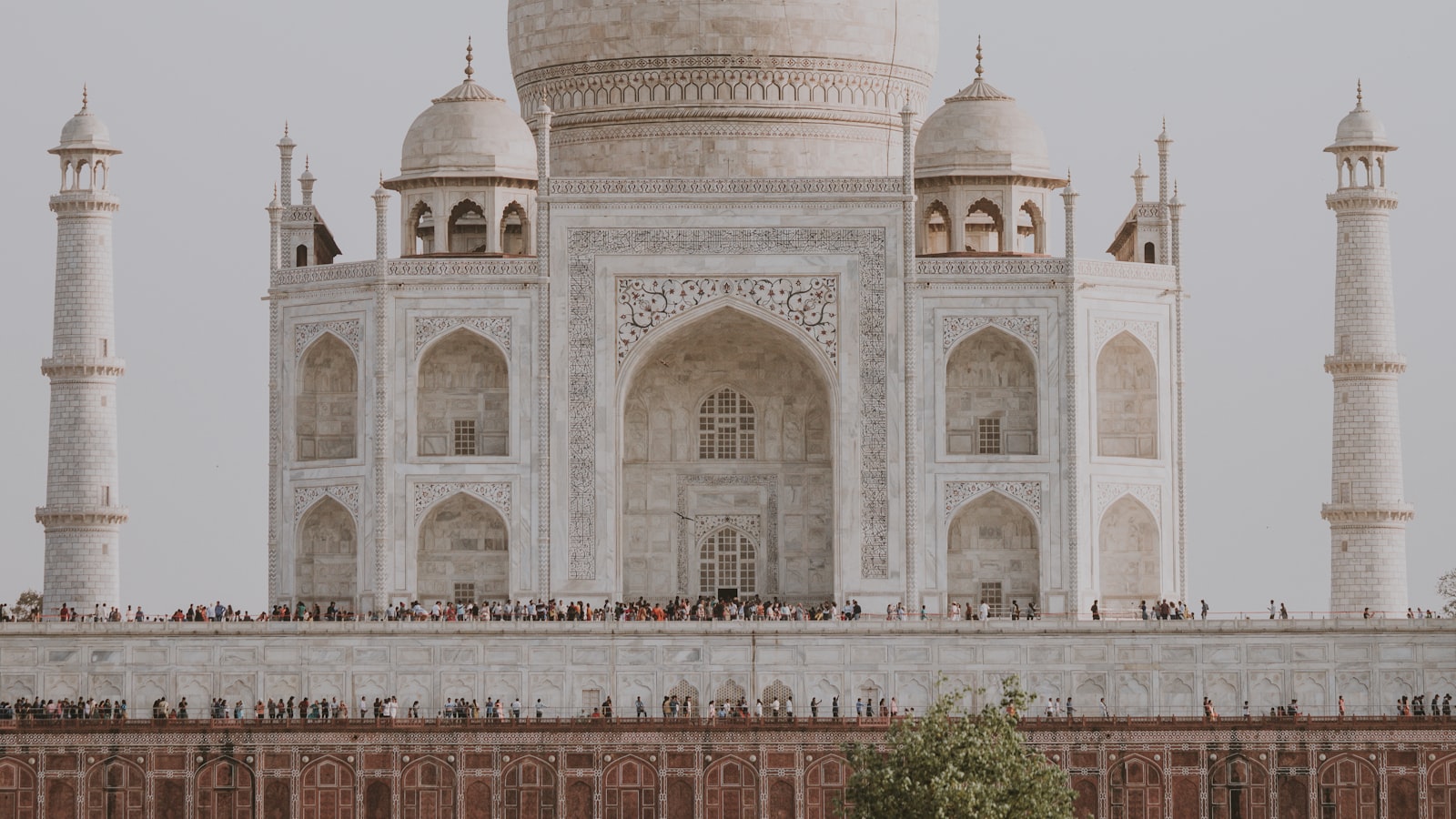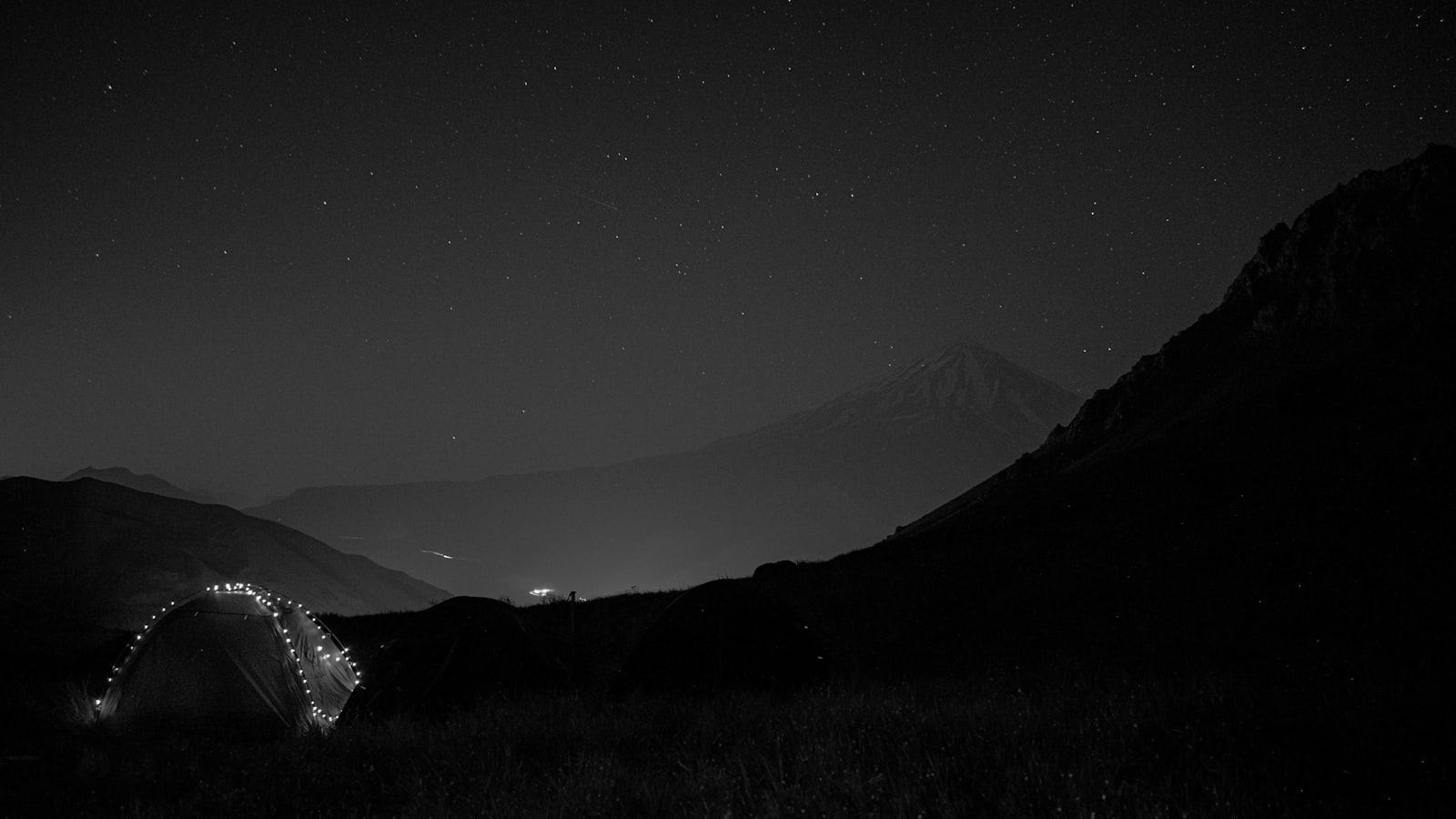In the shadow of celestial drama, numerous cultures and religious traditions have gazed upward, weaving the tapestry of their beliefs with the threads of solar and lunar eclipses. As these celestial events carve a path across the heavens, they also carve a place in our spiritual and communal lives. For in these moments of darkness, humanity often finds light—metaphorical revelations that eclipse mere understanding of the cosmos, reaching deep into the soul.
Eclipses have been spectacles since time immemorial. A solar eclipse, such as those you can track with nifty tools like eclipse-timer.com, doesn't just darken our skies temporarily; it also alters the landscape of spiritual beliefs across the globe. Let's delve into the interplay between eclipses and the diverse religious practices that honor, fear, or celebrate these astonishing cosmic events.

The Enigma of Eclipses in Ancient Times
For ancient civilizations, the sudden disruption of day or night by an eclipse was both mesmerizing and terrifying. Eclipses were often seen as portents or messages from the gods, and different faiths developed rituals to honor or avert the perceived divine warnings.

Mesopotamia and the Dragons of the Sky
The ancient Babylonians saw solar eclipses as the work of mythical dragons who devoured the sun. Priests performed elaborate rituals to banish these celestial beasts and restore light to the world.

The Hindu Mythology and the Decapitated God
In Hinduism, the story of Rahu, a demon who tries to consume the Sun or Moon resulting in eclipses, led to practices such as the avoidance of food during an eclipse due to the belief that the Sun's energy becomes toxic during the event.

The Vikings and the Sky Wolves
Norse mythology told of wolves chasing the sun or moon, and an eclipse occurred when one of the celestial bodies was caught. The Vikings would make loud noises, clamoring to scare the wolves away.

Eclipse Observances in Contemporary Religions
Moving from ancient interpretations into the contemporary religious landscape, the significance of eclipses continues to be recognized, though with less fear and more introspection.
Christianity and the Crucifixion
Some Christian texts have drawn parallels between the darkness of a solar eclipse and the darkness said to have occurred during the crucifixion of Jesus. While modern Christians generally do not believe eclipses to be a supernatural occurrence, they may still use the time for reflection and prayer.

Islam and the Sunnah of Eclipse Prayers
In Islam, eclipses are not considered ominous, but they remain spiritually significant. The Prophet Muhammad established the sunnah (practice) of performing a special prayer—Salat al-Kusuf—during a solar eclipse.

Buddhist and Hindu Eclipses: Times of Mediation and Purity
Both Buddhists and Hindus may see an eclipse as a time for meditation, extra chanting, or purification practices. Some believe that activities during an eclipse can have an increased effect, whether positive or negative.

The Practical Side of Eclipse Observance
Amidst the spiritual quest during eclipses, let’s not forget the practical side of things. Knowing when an eclipse will occur is essential—whether for religious observance or just to witness this natural marvel. For that, resources like eclipse-timer.com are invaluable to stay informed about upcoming solar eclipses in specific areas. Plus, nothing brings a community together like a shared countdown to an awe-inspiring celestial event!

Enriching Our Understanding: Did You Know?
Frequency: Solar eclipses happen, on average, 2-5 times a year. However, they are only fully visible from a narrow path on Earth's surface.
Totality: During a total solar eclipse, the day can turn into night, stars can appear, and animals often behave as if it’s twilight.
Symbolism: In many cultures, eclipses symbolize rebirth, renewal, or the washing away of former ills.
Engaging Our Readers
Have you ever experienced an eclipse and found yourself lost in thought or moved to act differently than you might on a normal day? Are there traditions or practices that your family or community uphold when an eclipse graces the skies above you?
I’d love to hear about how eclipses touch your life and spirituality. And if you’ve taken to eclipse-chasing or just enjoy knowing when the next solar shuffle is due, remember that eclipse-timer.com will serve you well, with precision timing.
In a world where our nights are often illuminated to a dull twilight by artificial lights, the true darkness brought on by an eclipse is a reminder of the vastness that lies beyond our human constructs. Whether you see it as a divine message or a splendid celestial dance, each eclipse is an invitation to pause, reflect, and connect—both with the cosmos and with the varied tapestry of human belief that it inspires.
Reflecting on this celestial canvass, we’ve journeyed across cultures and through the ages, finding that while our interpretations may differ, our fascination with the skies above unites us all. As we await the next eclipse, either with bated breath or scientific curiosity, it's clear that the role of eclipses within religious practices illuminates not just our world, but our intrinsic desire to find meaning within the universe’s mysteries.
And as you look up, whether in prayer or in wonder, may the dance of shadows cast by eclipses continue to captivate and inspire you, as it has done for humanity throughout the millennia.

Remember, the next time the sky dims and the stars peep out in the daytime, take a moment. Reflect. Maybe even send up a little cheer—not just for the spectacle, but for the rich tapestry of belief and tradition that has, thanks to the wonders above us, been spun across nations and eons. The cosmic ballet goes on, and we, armed with wisdom old and new, continue to dance to its timeless tune.



















